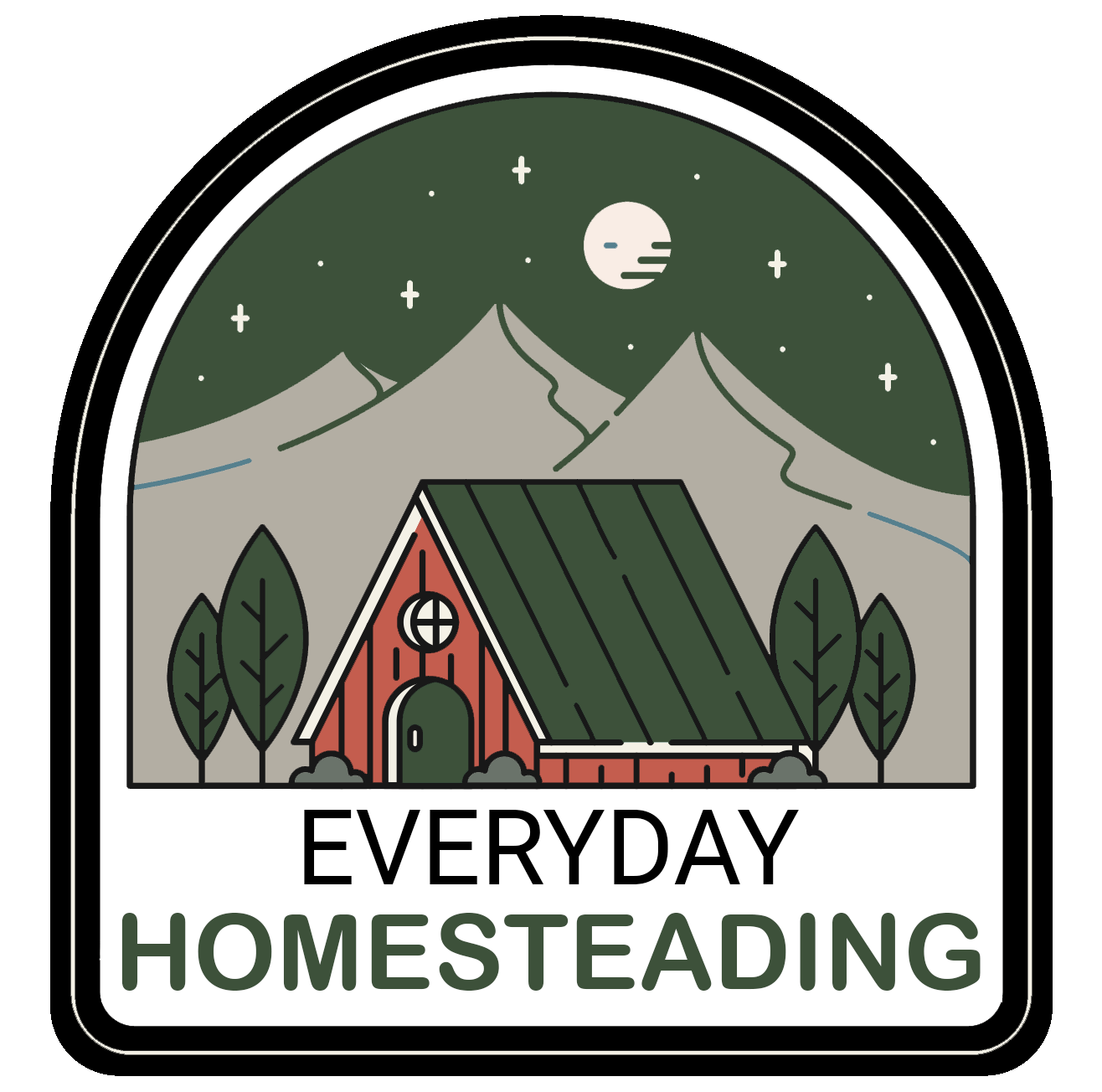A Beginner’s Guide to Starting a Homestead: 6 Essential Steps
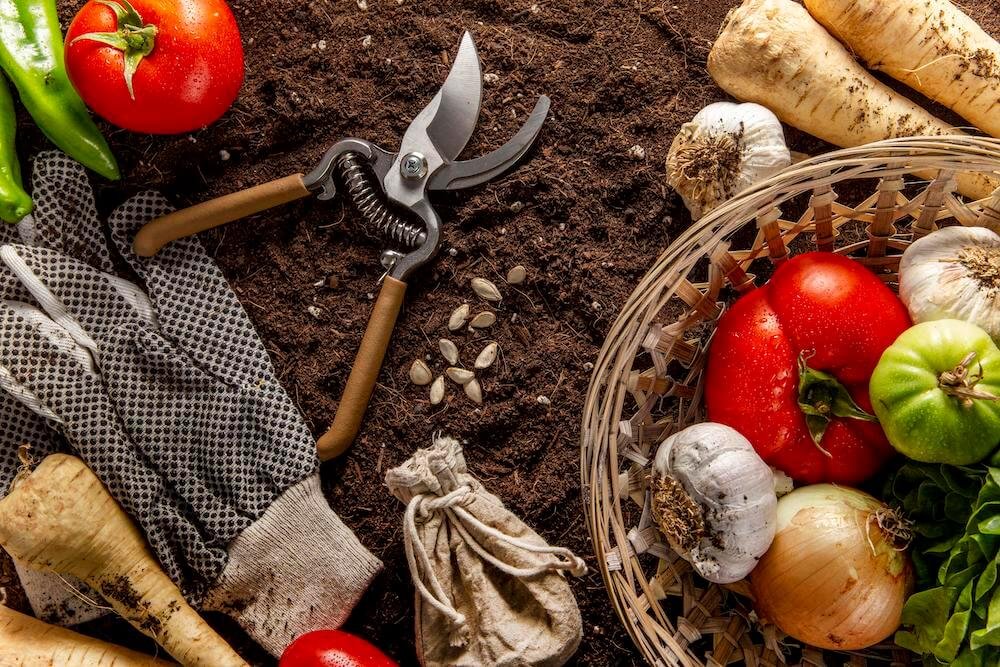
As a seasoned homesteader, I can tell you that starting a homestead is one of the most rewarding and fulfilling journeys you’ll ever embark on. It’s a lifestyle that allows you to live more self-sufficiently, connect with the land, and provide for your family in a significant way. But I know the prospect of homesteading for beginners can also feel overwhelming, especially if you’re just starting out. Where do you even begin? What skills do you need to learn? How do you set yourself up for success? In this comprehensive guide, I’ll walk you through the key steps to start a homestead, based on my own experiences and the lessons I’ve learned over the years. Whether you have a sprawling rural property or a small urban backyard, I’ll show you how to lay the groundwork for a thriving homestead. Let’s dive in!
Step 1: Starting a Homestead With Defined Goals
The first and most important step is to get clear on what you hope to achieve through starting a homestead.
- What does your ideal homestead look like?
- What level of self-sufficiency are you aiming for?
- What skills do you want to develop?
Take some time to reflect on these questions and write down your goals.
For me, my initial goals were to grow a substantial portion of our family’s food, raise chickens for eggs and meat, and learn how to preserve the harvest for the winter months. I also wanted to reduce our reliance on store-bought household products by making my own soap, cleaners, and other goods. Your goals may look quite different, and that’s perfectly okay. The key is to get specific about what you hope to achieve, so you can create a roadmap to get there. One tool that can help with this process is the Homestead Seasonal Planner, which provides a structured framework for defining your vision and planning your actionable steps.

Step 2: Start Learning the Homesteading Basics
Once you’ve defined your homesteading vision, it’s time to start building the skills and knowledge you’ll need to bring it to life. Homesteading encompasses a wide range of disciplines, from gardening and animal husbandry to food preservation and natural building. The good news is, that there are endless resources available to help you learn. I’m a big fan of diving into homesteading books, like the Epic Homesteading Guide by Kevin Espiritu . You can also find a wealth of information on YouTube channels, blogs, and online courses.
If you have the opportunity to learn from experienced homesteaders in your local community, I highly recommend taking advantage of that. Reach out to any homesteading groups or farms in your area and see if they offer workshops or mentorship programs.
As you’re learning, start small and focus on mastering one or two key skills at a time. This could be anything from baking sourdough bread to raising backyard chickens. Building confidence in these foundational areas will make it easier to expand your homesteading activities down the line.
One essential tool for any aspiring homesteader is a good-quality homesteading journal or notebook. Use it to record your goals, track your progress, jot down notes from your learning resources, and document your experiments and experiences. This really helped me when I was starting my homesteading journey – I used it for notes, recipes, planting and harvesting dates, etc. Having a dedicated place to capture all your homesteading knowledge will be invaluable as you grow and expand your skills.
Step 3: Assess Your Land and Resources
With your goals and skills in place, it’s time to take a close look at the land and resources you have available. Whether you’re starting a homestead on a sprawling rural property or a small urban lot, understanding the unique characteristics of your site is crucial. Start by evaluating factors like:
- Sun exposure and microclimates
- Soil quality and drainage
- Access to water sources
- Existing structures or infrastructure
- Local zoning laws and regulations
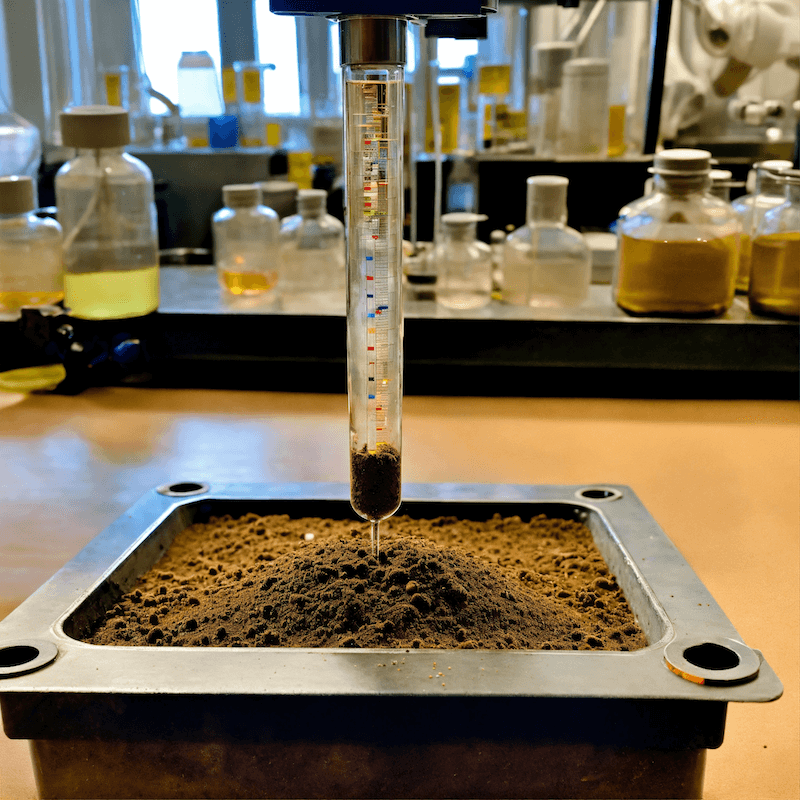
This information will help you determine what homesteading activities are feasible on your land. For example, if you have poor soil quality, you may need to focus more on raised bed gardening or container growing. Or if you have limited space, you might need to get creative with vertical gardening or small-scale livestock like chickens or rabbits.
One tool that can be incredibly helpful in this process is a soil test kit. By sending a sample of your soil to a lab for analysis, you can get a detailed report on its nutrient content, pH levels, and any potential deficiencies or toxins. This information will guide your soil amendment and fertilization strategies for optimal plant growth.
Step 4: Start Small and Grow Gradually
One of the biggest mistakes new homesteaders make (I also made it…) is trying to do too much too soon. It’s easy to get excited and want to dive headfirst into every aspect of self-sufficient living. But that approach is a surefire way to burn out quickly. Instead, I recommend starting small and building your homesteading skills and infrastructure gradually over time.
Focus on mastering one or two core homesteading activities first, like growing a vegetable garden or raising a small flock of chickens. Don’t try to do too much too soon. Choose a few areas of homesteading that you’re interested in and focus on those. Once you’ve got those initial projects running smoothly, you can slowly expand your homestead by adding new elements like fruit trees, livestock, or a food preservation setup.
This methodical approach will help you avoid feeling overwhelmed and ensure you have the time and resources to do each task well. One essential tool to have on hand as you’re starting out is a good-quality homesteading toolkit. This should include basic gardening tools like trowels, pruners, and a hoe, as well as any specialty items you might need for your specific projects (like a chicken coop or beehive). Having the right tools will make your homesteading tasks easier and more efficient.
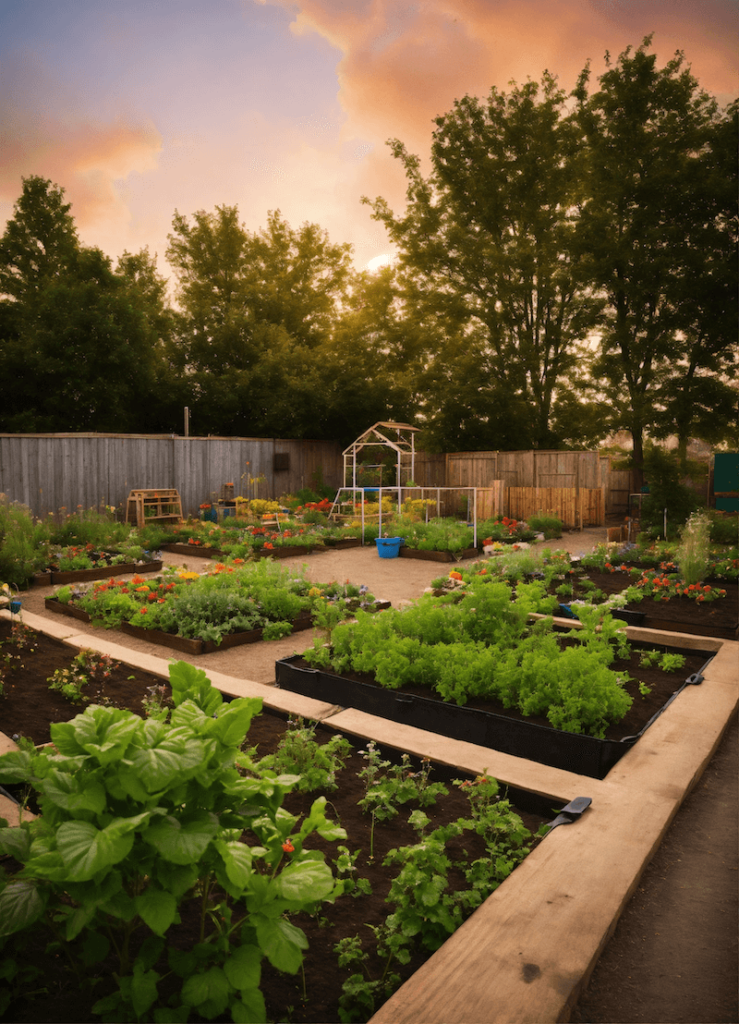
Step 5: Embrace the Learning Curve when Starting a Homestead
No matter how much you prepare, there will always be a learning curve when it comes to starting a homestead. Things won’t always go as planned, and you’ll inevitably make mistakes along the way. But that’s all part of the journey! The key is to approach homesteading with an open, curious mindset. Be willing to experiment, ask questions, and learn from your failures. As other homesteaders will tell you:
Don’t be afraid to make mistakes. Everyone makes mistakes when they’re starting out. The important thing is to learn from your mistakes and keep going.
Over time, you’ll develop a deep well of hands-on knowledge and problem-solving skills. And you’ll find immense satisfaction in the self-reliance and resilience you cultivate through homesteading. Use your homesteading planner/organizer to map out your seasonal tasks, track your plantings and harvests, and schedule any necessary maintenance or projects. Having a clear overview of your homesteading activities will make it easier to stay focused and avoid missing important steps.
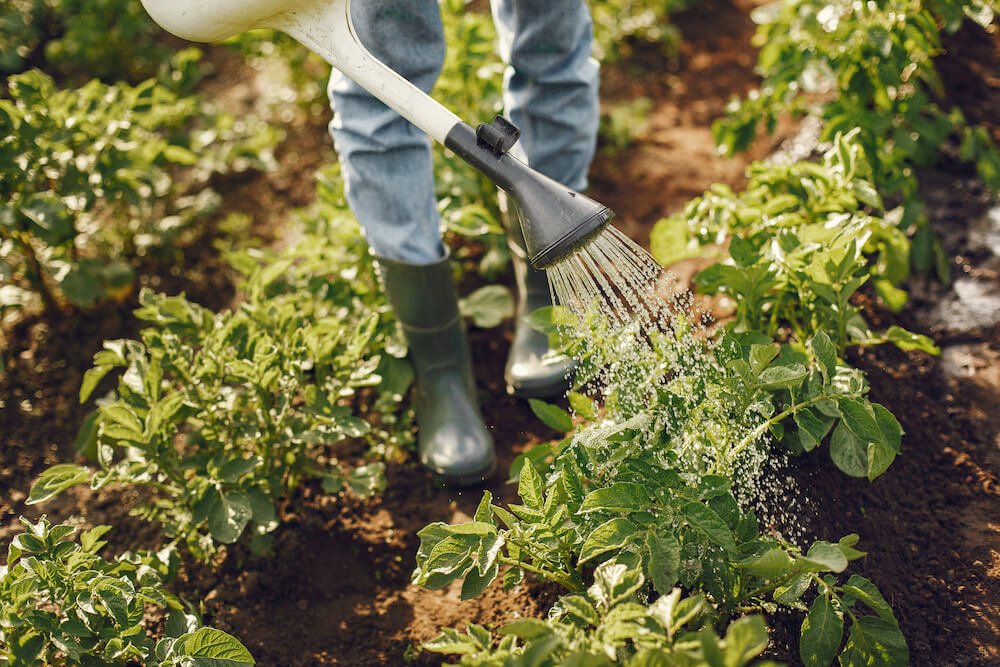
Step 6: Build a Supportive Community
One of the most rewarding aspects of homesteading is the sense of community it fosters. Connecting with other like-minded individuals can provide invaluable support, knowledge-sharing, and camaraderie. Seek out local homesteading groups, both online and in person. Attend workshops, classes, or farm tours to meet fellow homesteaders in your area. Join as many online communities as you can, to learn from others’ experiences.
You can also leverage social media to expand your homesteading network. Follow inspiring homesteaders on Instagram, join Facebook groups dedicated to your specific interests (like backyard chickens or canning), and engage with the vibrant online homesteading community. Having this support system will not only help you troubleshoot challenges and learn new skills, but it will also nourish your passion for the homesteading lifestyle. Be on the lookout for any homesteading or farming conferences as these events typically feature workshops, vendor exhibits, and plenty of opportunities to network with other homesteaders. They’re a fantastic way to learn new skills and find inspiration for your own homesteading journey.
Embrace the Homesteading Journey
Homesteading is a lifelong journey of learning, growth, and self-discovery. It’s not about perfection or achieving a certain level of self-sufficiency. It’s about the process of reconnecting with the land, providing for your family, and cultivating a more meaningful, sustainable way of life. So embrace the ups and downs, the successes and failures. Trust the process, and enjoy every step along the way. With dedication, patience, and a willingness to learn, you can create a homestead that nourishes your body, mind, and soul.
Happy homesteading!



